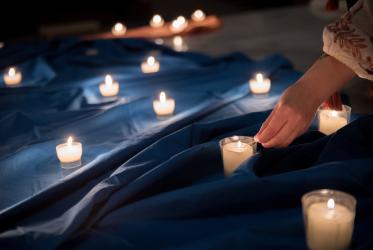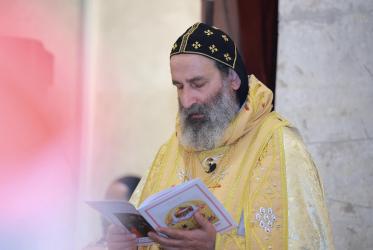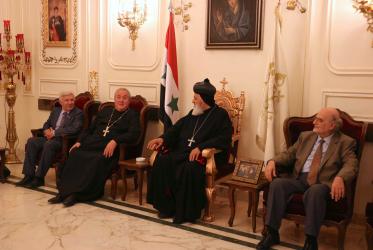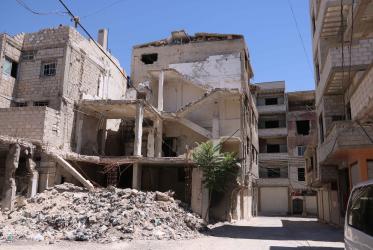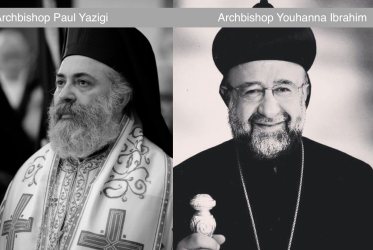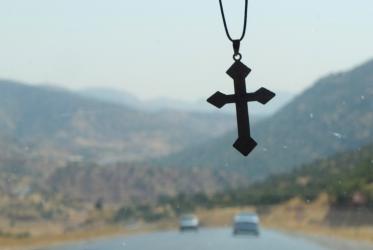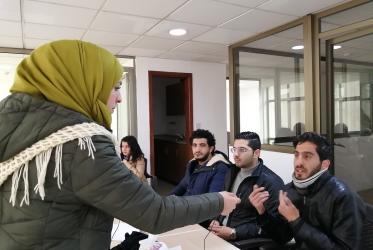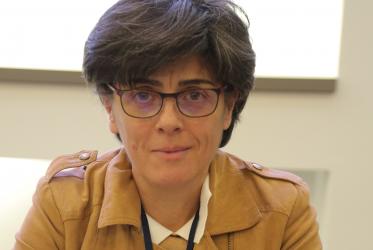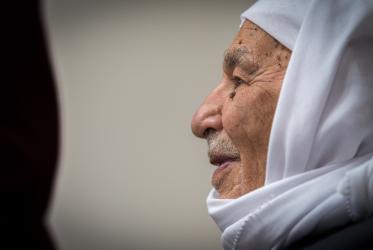Displaying 1 - 20 of 90
WCC renews call for release of archbishops of Aleppo
28 February 2022
Are migrants seen and heard? Conference presses the question
19 October 2020
Hope prevails in times of crisis in Lebanon
14 September 2020
Ecumenical prayer for peace in Syria
16 December 2019
WCC expresses hope for work of the Syrian Constitutional Committee
01 November 2019
Dr Saïd Ailabouni: God is on the side of rejected, oppressed, occupied
12 September 2019
A faith-based, holistic approach to HIV and AIDS-care
13 March 2019
